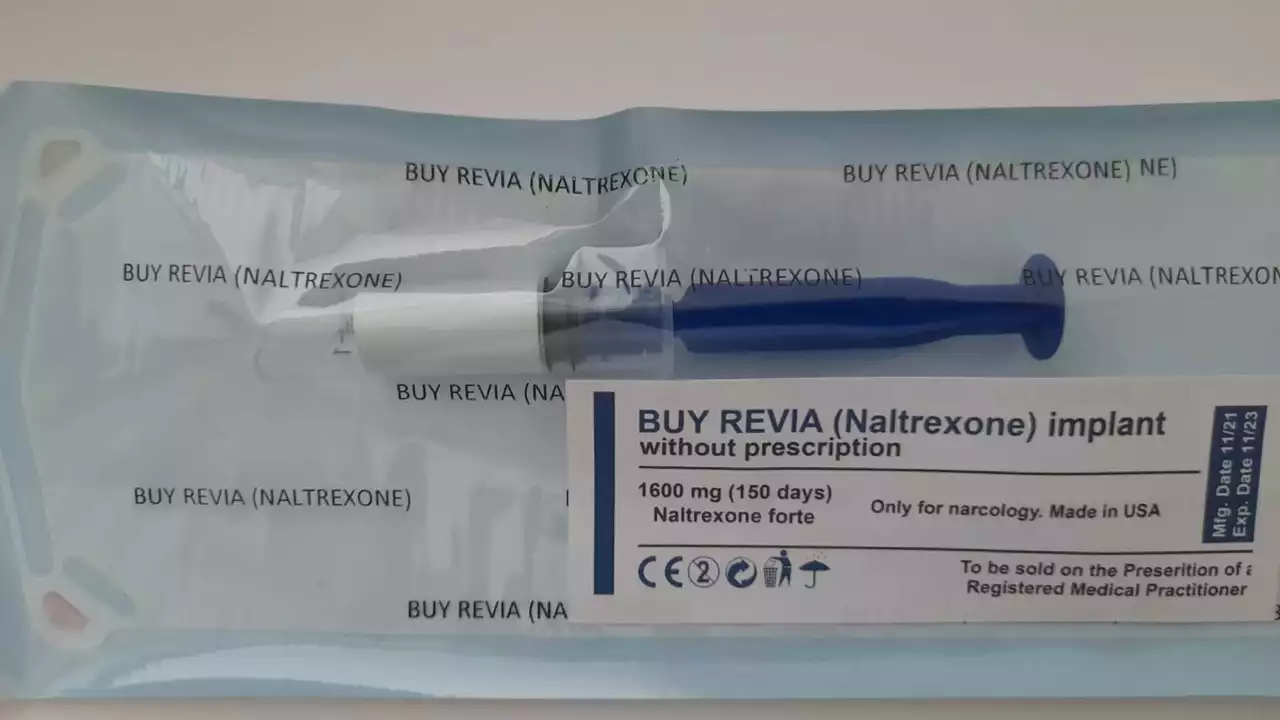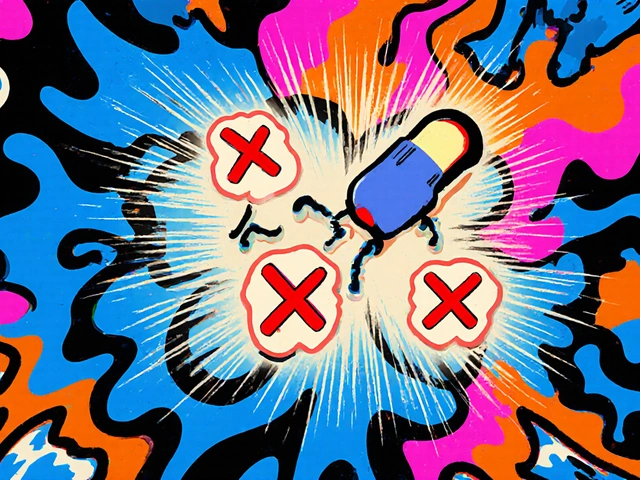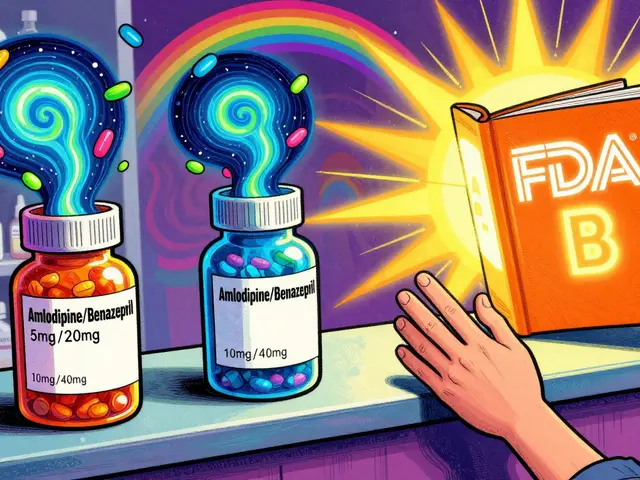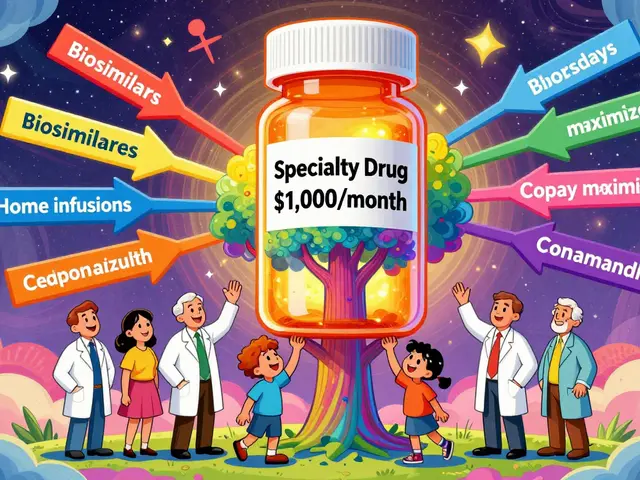Employment Opportunities in Pharma – Guides & Tips
If you’re scrolling through drug guides and wonder how to turn that knowledge into a paycheck, you’re not alone. The pharmaceutical world offers dozens of roles—from retail pharmacist to clinical researcher—each with its own path. Below we break down the most common routes, share shortcuts for landing interviews, and highlight ways to keep climbing the ladder.
How to Land a Pharmacy Job
First things first: polish your resume so it screams relevance. Highlight any coursework in pharmacology, certifications like Certified Pharmacy Technician (CPhT), and hands‑on experience—whether you helped at a community pharmacy or volunteered in a hospital ward. Recruiters love specific numbers; note how many prescriptions you processed per day or the percentage of errors you reduced.
Next, use niche job boards. Sites such as PharmacyJobs.com, the American Pharmacists Association career center, and even LinkedIn groups for pharmacy professionals list openings that don’t appear on generic sites. Set up daily alerts with keywords like "pharmacy associate" or "clinical pharmacist" so you never miss a fresh posting.
When you land an interview, prepare stories that show problem‑solving. For example, talk about a time you caught a drug interaction before it reached the patient, or how you educated a senior citizen on inhaler technique and improved their adherence. Employers want to see real impact, not just textbook knowledge.
Growing Your Career in the Medication Industry
Getting hired is only half the battle; advancing means staying current with industry trends. Subscribe to newsletters from the FDA, read peer‑reviewed journals like Pharmacotherapy, and attend local pharmacy association meetings. Even a 30‑minute webinar on new biologics can give you conversation starters at your next performance review.
Consider certifications that broaden your skill set. A Board Certified Pharmacotherapy Specialist (BCPS) badge, for instance, opens doors to clinical roles in hospitals and specialty clinics. If you’re more interested in the business side, a certification in Pharmaceutical Sales or an MBA with a focus on healthcare can pivot you toward marketing or product management.
Networking isn’t just exchanging cards; it’s about building relationships that last. Follow industry leaders on Twitter, comment thoughtfully on their posts, and ask for informational interviews. Most professionals are happy to share how they broke into a niche—like regulatory affairs or drug safety—and those insights can save you years of trial and error.
Finally, think geographically. Certain cities host clusters of biotech startups or large pharmaceutical headquarters. Relocating to hubs like Boston, San Diego, or Philadelphia can dramatically increase the number of openings and salary potential. If a move isn’t feasible now, look for remote roles—telepharmacy is booming and often offers flexible hours.
Bottom line: employment in pharma rewards curiosity, continuous learning, and strategic networking. Use the tips above to sharpen your résumé, target the right job boards, and keep growing your expertise. With the right approach, you’ll move from reading medication guides on OnMen to earning a rewarding career in the field.
Naltrexone and Employment: How it Affects Your Career
In my recent blog, I discussed the effects of Naltrexone, a medication used for addiction treatment, on one's career. It appears that Naltrexone can greatly improve employment prospects for those struggling with substance abuse, as it helps curb cravings and maintain sobriety. However, the potential side effects like fatigue and dizziness could potentially impact job performance. It's crucial that individuals and employers understand these implications to maintain a supportive, productive work environment. Ultimately, the benefits of treatment with Naltrexone can lead to a more stable and successful career path for those in recovery.






